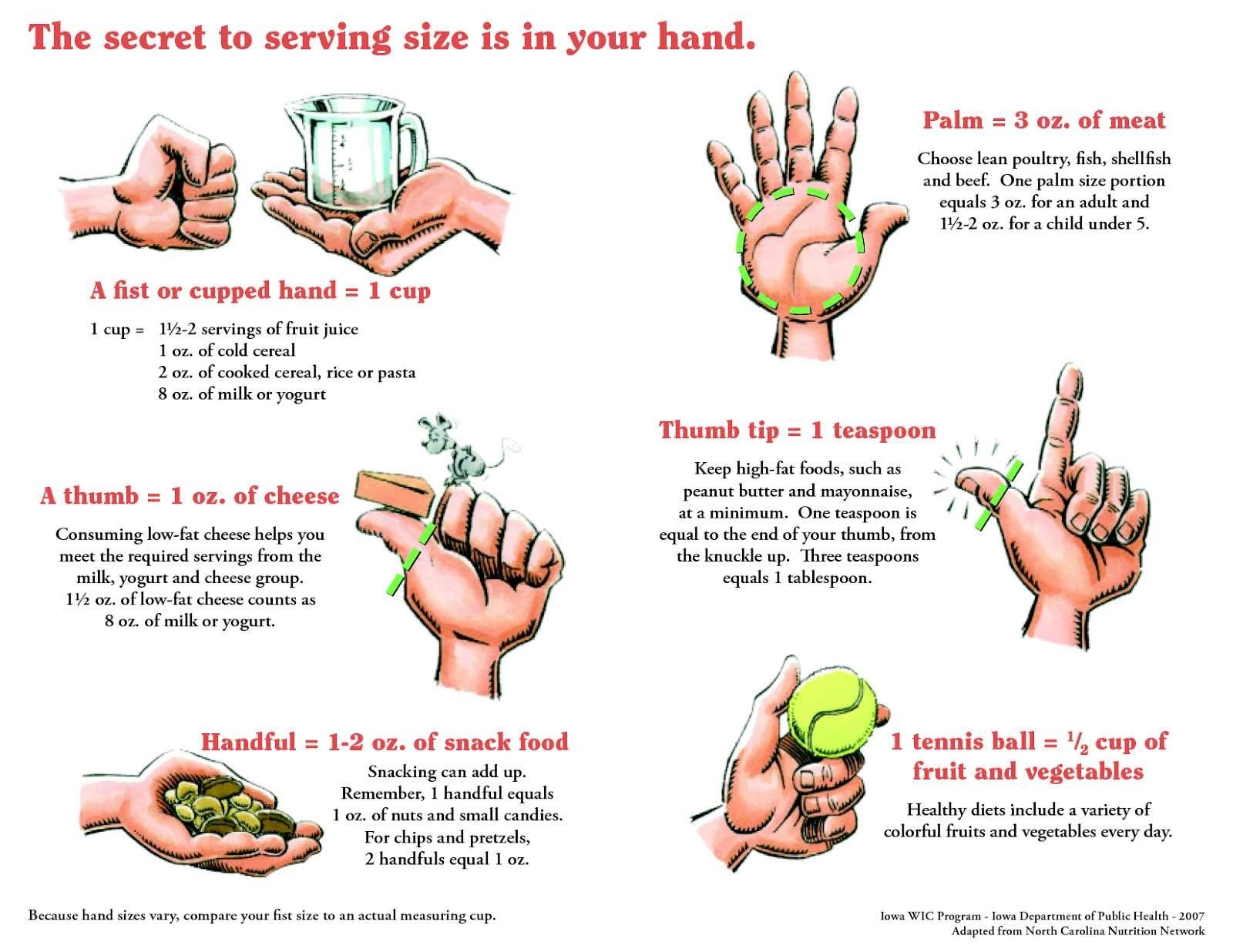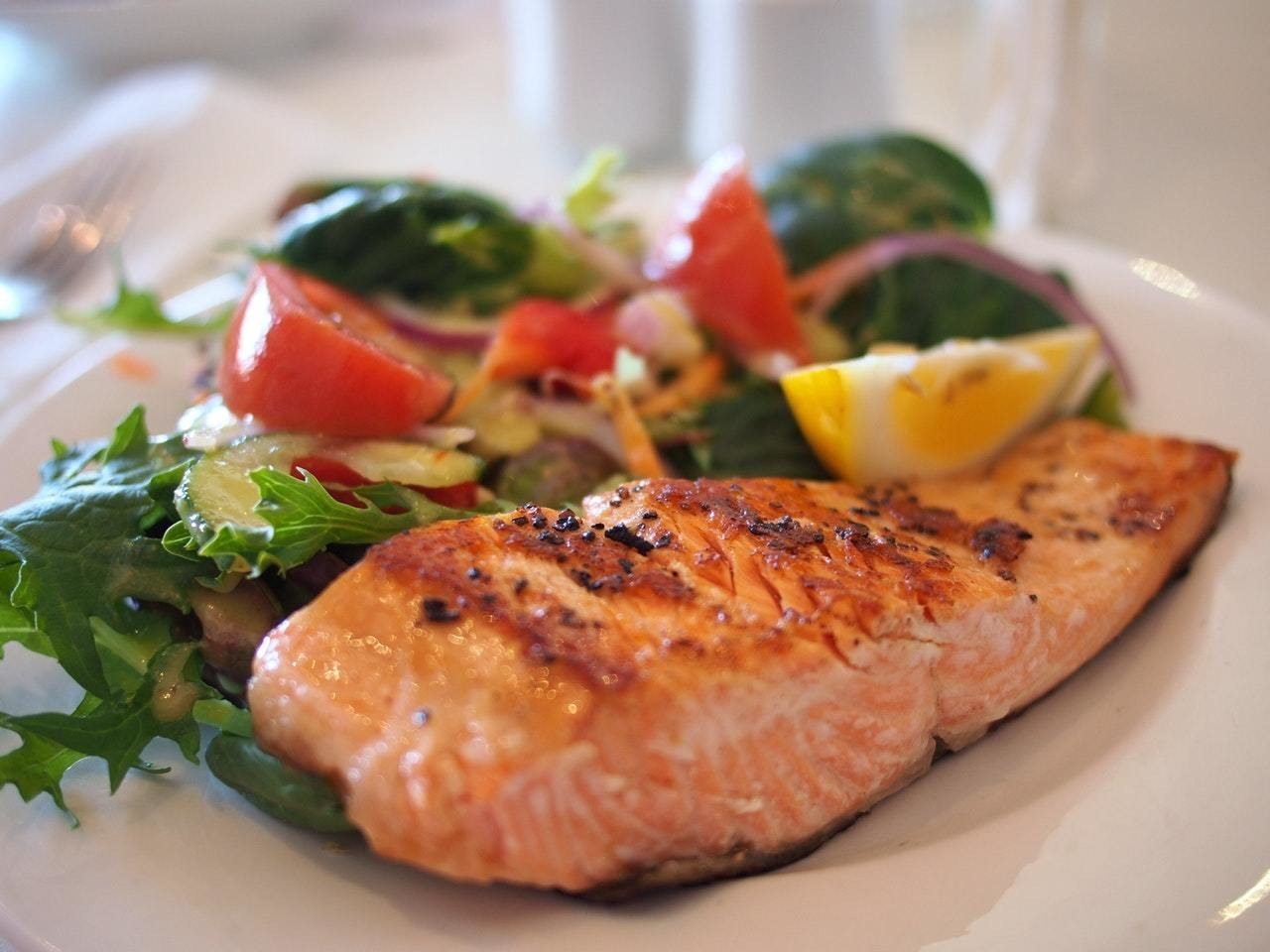The more you learn about the principles of a balanced diet, the more questions you will have. My questions concern the digestive system and how it works as well as how to learn cooking healthy and still delicious meals.
I recently got my wits and decided to consult a nutritionist. There were many questions that interested me, but today I want to write about seven of them. The questions below bother every health eating beginner, so I believe they will be of great use to anyone.
Can I drink water right after meals? And what about coffee right after breakfast?

How often should I eat?

How to understand portion size?

Why the blind munchies comes in winter and what to do with it?
“People have evolved to have subconscious urges to overeat, and limited ability to avoid becoming obese, especially in winter.” - a recent study by the University of Exeter in the U.K. says.
So winter blind munchies are an absolutely usual thing for our bodies. We need a lot of energy to preserve constant traditions of temperature. Add to this the deficit of the sun which violates some hormonal processes.
What to do? First, you need to accept that blind munchies in winter is OK. Moreover, nutritionists say that if over the winter you gain 4.5-7 pounds, then it’s absolutely natural. Second, you need to add more fats to your diet. Fish, avocado, and cheese will do great for this purpose. Third, you need to get more sleep. Try getting to bed no later than 10-11 pm and sleeping for 7-8 hours. If you have too hectic schedule and it’s impossible, then sleep yourself off during weekends. And, of course, help your body preserve the temperature by dressing warm.
What to do if I really want pizza for dinner and don’t want to cook anything healthy?

Which fats should I eat and how much?
Fats are an obligatory element of balanced diets, especially for people trying to lose weight. The numbers for fats (as well as protein, carbs, and calories) are calculated individually for every person. But there are two things to pay attention to:
1. Omega-3. This kind of fat our body can’t synthetize on its own, so it’s better to take it as a supplement. And make sure that you don’t muddle up Omega-3 and cod liver oil that is sold in drug stores and pharmacies. Don’t also pitch into fish thinking that it has lots of Omega-3. Only freshly-caught fish has the proper amounts of aliphatic acid, so don’t rely on the frozen fish from a store.
2. Transfats. This is what you should beware of. They harm not only our shapes but our health in general. Transfats can be found on the shelves of pretty much any store (take just margarine or spread for instance). But don’t think that if you don’t have margarine as it is in your fridge, it’s not in your home. Margarine and spread are frequent ingredients for the mass-product production of confectionery and pastry (cookies, brownies, muffins, etc.); they both can also be found in snacks (chips, popcorn, etc.). And, of course, margarine and spread are the most important ingredients of the fast food.
What to fry eggs, meat, and fish with? And can I do it at all?


